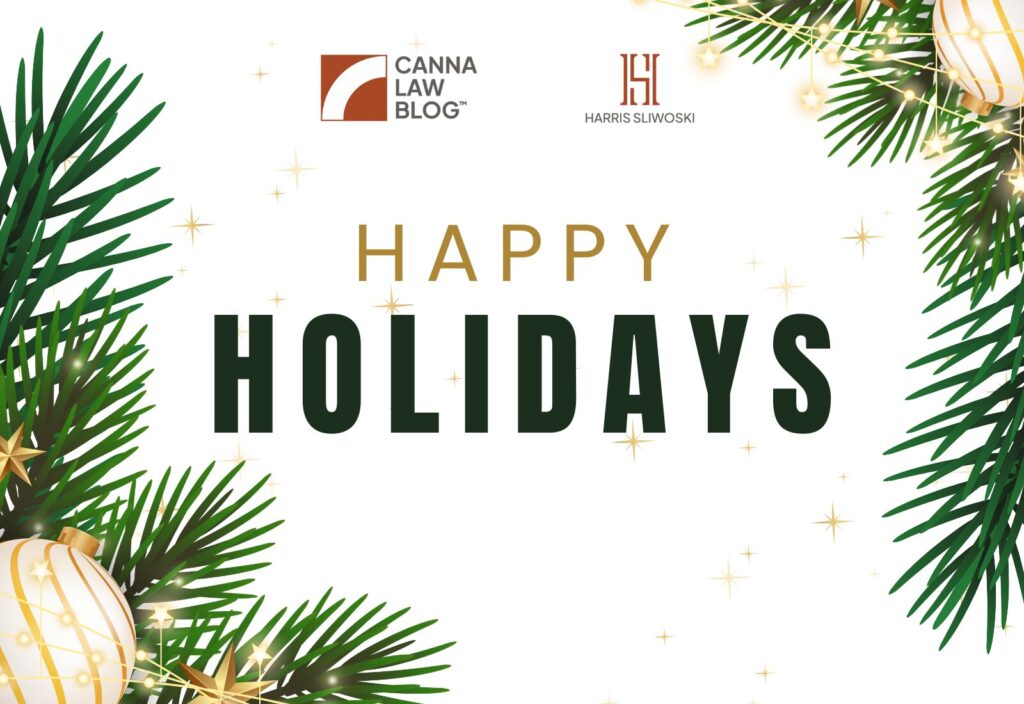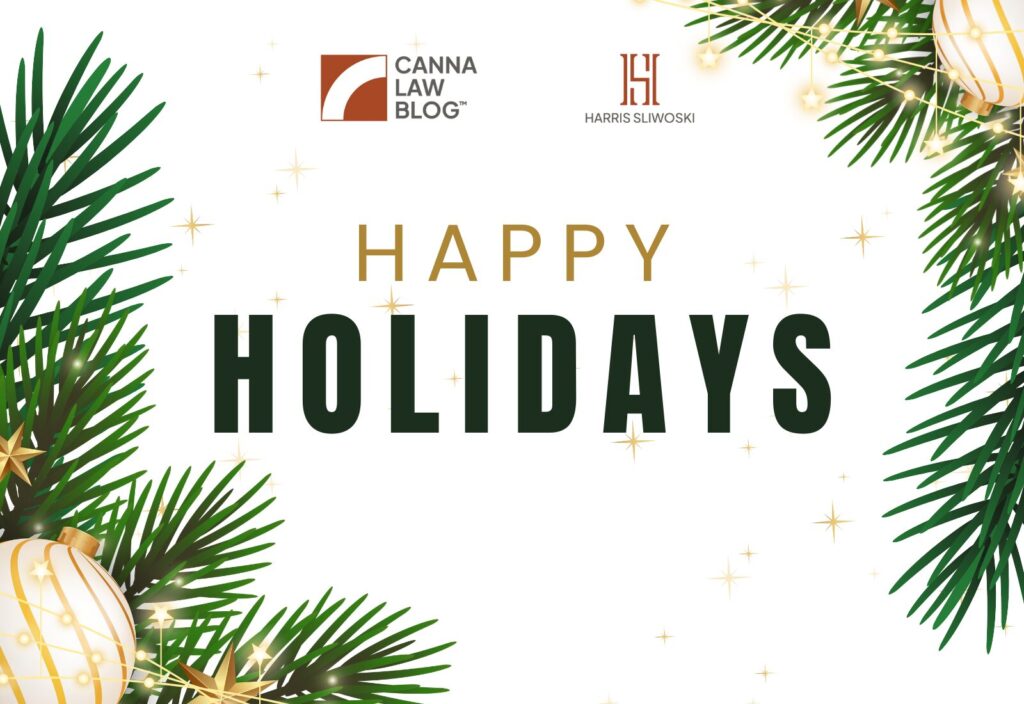
A few weeks back we provided an update on the timing of New York’s Office of Cannabis Management (OCM) and Cannabis Control Board (CCB) opening the general adult-use cannabis licensing portal, with an anticipated start of application review in the fall of 2023. We based our estimate on the OCM and CCB’s review of the public comments that were submitted with respect to the proposed adult-use cannabis rules and regulations. Well, on March 22, 2023, Green Market Report (via John Schroyer) released a comprehensive and wide-ranging interview with OCM’s Chief and Staff and Senior Policy Director Axel Bernabe, in which Bernabe confirmed that the OCM anticipates opening the portal in the fall of 2023.
Here’s the relevant question and answer:
“What’s the timeframe for when New York industry regulations will be finalized and done?
The regulations that we filed for public comment, we’re really trying to get them done by our May 11 board meeting. If we get it done by then, we should be able to file final regs by the end of August. Then we can start opening the general application period within a couple months of that.
These are all tentative dates, but in the fall, after
Read full article on HarrisBricken





































